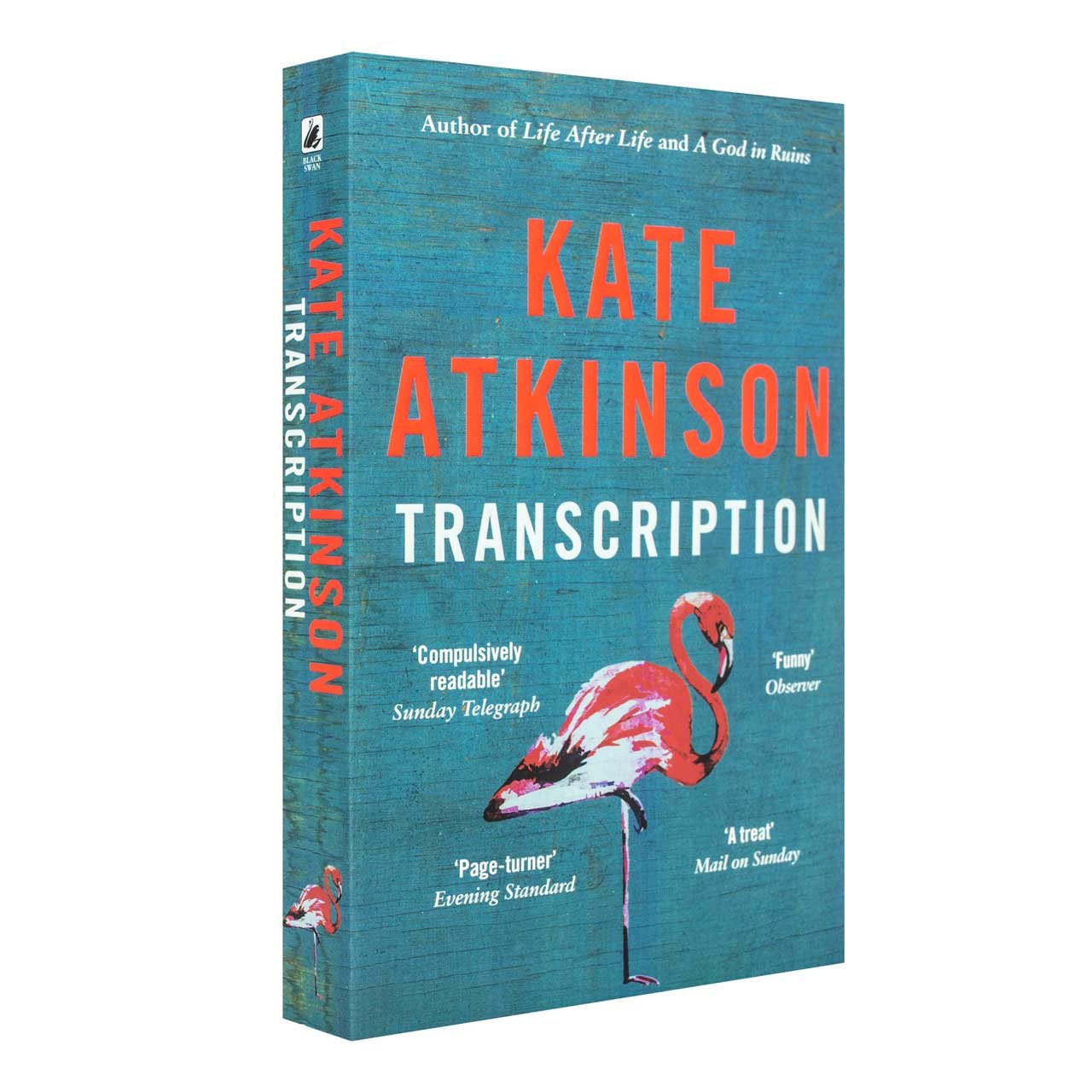
The question of sacrifice in the name of patriotism is one every character has to face, even as they must also define – then as now – what “England” and its values mean to them.

a sacrificial virgin was being prepared somewhere up the road, to satisfy the need for pomp and circumstance.

The year is significant a royal wedding is imminent, and with it a new groundswell of patriotism: “.

The main story is bookended by two short sections set in 1981, as Juliet casts a dying eye over her life. Juliet’s inner commentary channels a gloriously British flavour of stoical humour, finding the absurd in the tragic even as she upbraids herself for being too “flippant”. (‘The clowns are the dangerous ones,’ Perry said.)”īut Atkinson’s great gift is for presenting the mundanity of ordinary life with wry detachment, even in the midst of unprecedented trauma. Juliet could still remember when Hitler had seemed like a harmless clown. “The future was coming nearer, one relentless goose-step after the next. At times, the novel is guilty of making its historical parallels a little too emphatic: This idea of consequences, and of every choice exacting a price later, runs like a watermark through T ranscription, as it did through its two predecessors. The second strand of the narrative, set in 1950, begins when Juliet – now working for the BBC – encounters Toby again, and his reappearance seems to trigger a series of reckonings for the lies she told during the war, and is possibly still telling. Toby (who is based on a historical character) is a shadowy, Prospero-like figure, often to be found emerging from the mist, whose fate becomes entangled with Juliet’s through unexpected tragedy. In 1940, Juliet is employed by MI5 to transcribe recordings of meetings in a bugged flat between a group of fascist sympathisers and a man named Godfrey Toby, whom the fifth columnists believe is a Gestapo agent but is actually a British spy monitoring his informers. She remembered seeing Gaslight during the war.” In the aftermath of war, trying to locate the source of an anonymous threat, Juliet finds the multiple deceptions she has practised, and had practised upon her, accumulate to create a creeping paranoia in which “things are seldom what they seem”, as one man remarks, quoting Gilbert and Sullivan. Juliet is less obviously at the mercy of authorial tricks than Ursula Todd or her brother Teddy, respectively the protagonists of the previous two books, but the inventions she inhabits are created for her by others, mostly her male handlers at MI5, all of whom appear to be living fiendishly complex double or triple lives themselves. Atkinson’s great gift is for presenting the mundanity of ordinary life with wry detachment


 0 kommentar(er)
0 kommentar(er)
